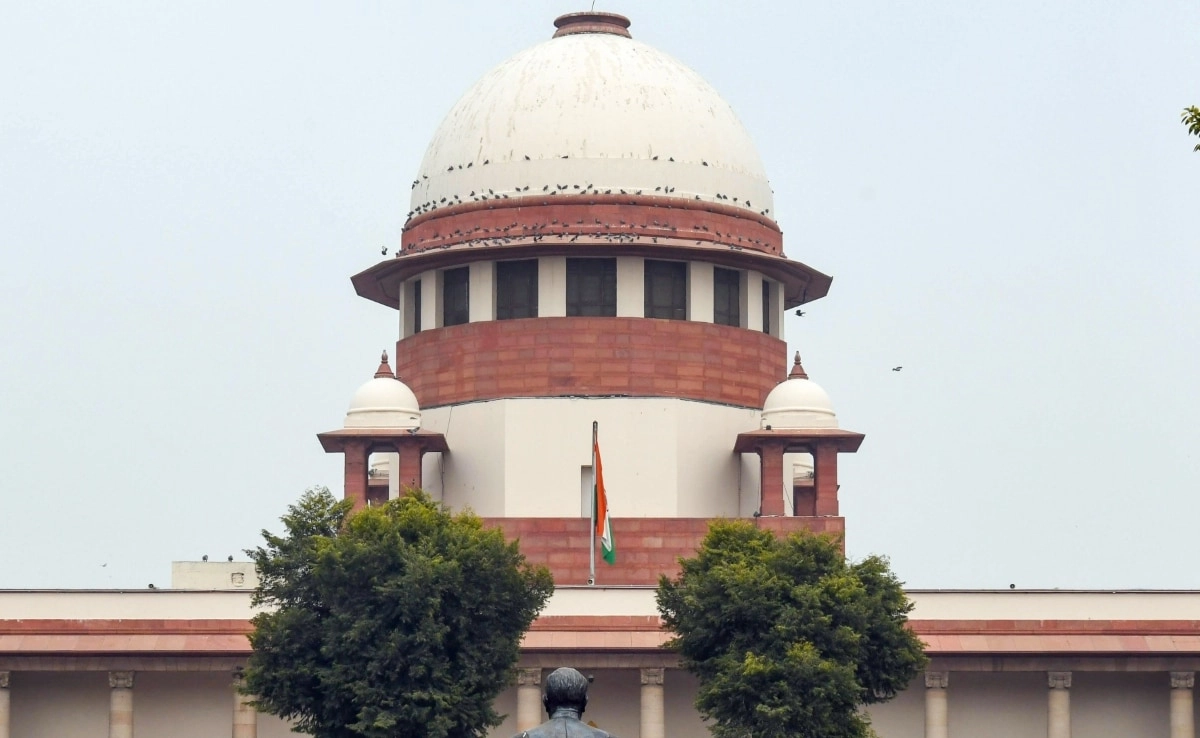In a significant ruling regarding the Nitish Katara murder case, the Supreme Court has emphasized that medical boards should not merely function as conveyors of information but must actively engage in the investigative process. The court’s remarks come in light of the need for thorough investigations in cases involving serious offenses, underscoring the importance of the medical community’s role in providing accurate and comprehensive assessments. The case, which has garnered considerable attention over the years, revolves around the tragic murder of Nitish Katara, a young man whose life was cut short amidst allegations of honor killing.
The Supreme Court’s comments reflect a broader concern about the responsibilities of medical professionals in legal contexts. Rather than serving as passive entities that relay findings, medical boards are expected to contribute substantively to the investigative process. This expectation is rooted in the understanding that their expertise can significantly influence judicial outcomes, particularly in cases where forensic evidence and medical testimonies are pivotal. The court’s direction highlights the necessity for these boards to take a proactive stance, ensuring that their evaluations are not only accurate but also contextually relevant and thorough.
Moreover, the ruling serves as a reminder of the intricate relationship between medical assessments and legal proceedings. In high-stakes cases like that of Nitish Katara, where the implications of medical findings can affect the course of justice, it is crucial for medical professionals to maintain a high standard of diligence and integrity. The Supreme Court’s assertion that medical boards cannot act merely as “postmen” underscores the need for a more engaged and responsible approach. This ruling not only seeks to enhance the quality of medical evaluations in legal contexts but also aims to ensure that justice is served effectively, reflecting the true circumstances surrounding such heinous crimes.
As society grapples with the implications of this ruling, it is essential for both the medical and legal communities to foster collaboration that prioritizes truth and justice. The Supreme Court’s directive calls for a renewed commitment to thoroughness and accountability in the medical field, particularly when intertwined with the legal system. Ultimately, this case serves as a pivotal moment that could shape how medical evaluations are conducted in the future, reinforcing the critical role that medical professionals play in the pursuit of justice.




